The Khasi Authors’ Society (KAS) has adopted four resolutions which include the demand for the Centre to introduce an official Bill for the inclusion of Khasi language in the Eighth Schedule to the Constitution of India in the upcoming session of the Parliament.
The resolutions were adopted after the successful holding of the national seminar on ‘Khasi language, literature and culture’ in Delhi and a peaceful demonstration at Jantar Mantar on September 29-30.
Addressing the media on Thursday, KAS president Dr DRL Nonglait said, “We have decided to urge the Government of India through the Ministry of Home Affairs to initiate necessary steps to introduce an official Bill in the next session of the Parliament as that will be a step for bringing Khasi into the 8th Schedule to the Constitution of India. The government has to amend the 8th Schedule for inclusion of any language to be part of the other Eighth scheduled languages.”
He said the KAS has also decided to seek a response from the office of the Union Home Minister, Government of India regarding the status of its memorandum demanding for inclusion of the Khasi language in the Eighth Schedule of the Constitution.
He said the KAS had also met former union home minister Rajnath Singh in January 2019 and the incumbent union home minister on July 24, 2021 in Shillong.
“But we got the response from the Ministry of Home Affairs only in March 2019 after that there was no information, no correspondence from the ministry to the KAS or perhaps even to the State government. That is why we have adopted this resolution to seek a response from the government of India on the status of our demand,” Dr Nonglait said.
Further, KAS president informed that the society had also submitted documentation on Khasi language, containing exhaustive information and concrete justifications, to the President of India, Prime Minister and Union Home Minister for their intervention.
“Because we have been demanding for over 4 decades now, our demands have been kept pending till now, so we feel that we should provide the State and Centre government exhaustive information and also concrete justification,” he said.
“Last decision taken was to wait for a respectable lapse of time before the KAS took further steps of action or agitation with regards to this demand,” he added.
According to him, the KAS will wait for the upcoming session of the Parliament before taking a call on the next course of action.
Asked, Dr Nonglait said the society is yet to start organizing any kind of programme or activities jointly with other indigenous tribal who are also demanding inclusion of their respective languages in the Eighth Schedule adding “but among the authors, we use to share information and we use to discuss (on such issues).”
To another query, the KAS president said that taking the issue together does not arise because Khasi as a community is unique in itself and the Garos also as a community are unique.
“In fact, it was the KAS which has demanded for an assembly resolution but when the government brought this resolution in the floor of the house Garo language was also included in the resolution and the government has urged the Centre to include Khasi and Garo languages,” he said while adding “It is up to the Government of India to examine which language is worth including in the 8th Schedule. If both the languages can be included at the same time, that is great, that is good enough but then Khasi which has had a very long literary tradition should not be opted out.”
“We want that the Government of India should measure by the same yardstick that has been used for other tribal languages be it in NE India and other places of the country…if the same yardstick is used while evaluating or assessing the standard or stature of the language we are very sure that Khasi should be one among those who are very progressive,” he added further.

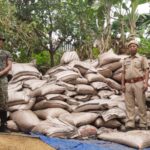
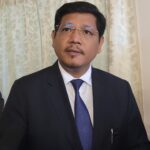






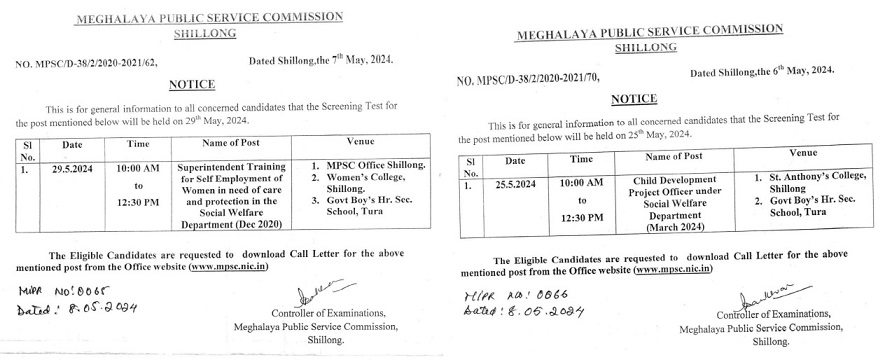


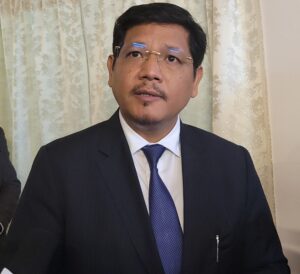
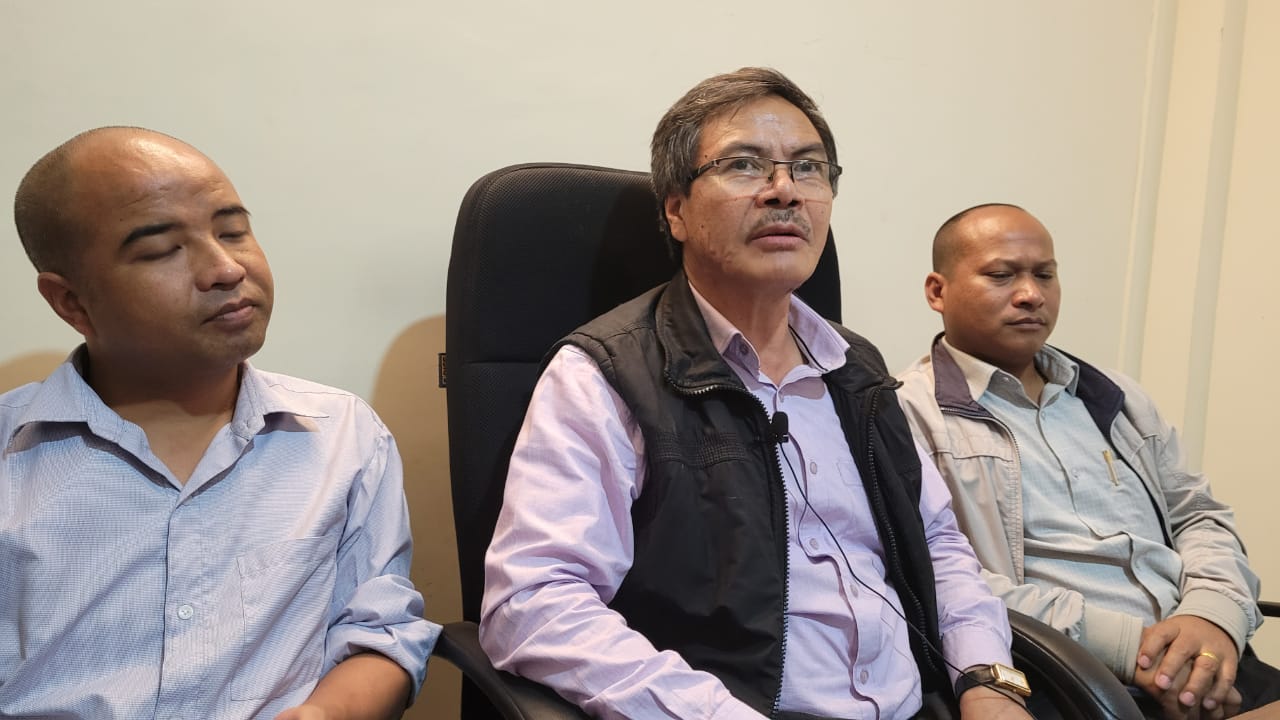

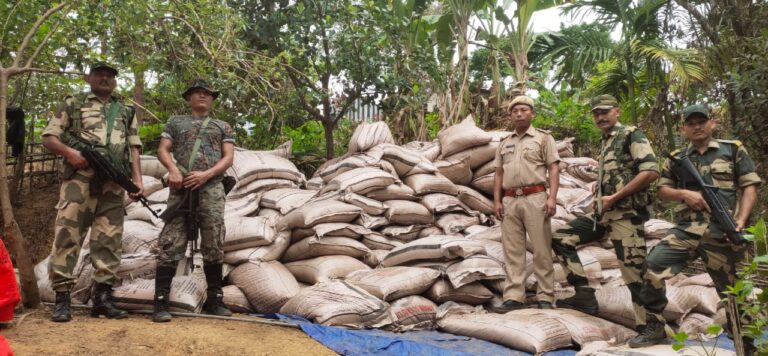

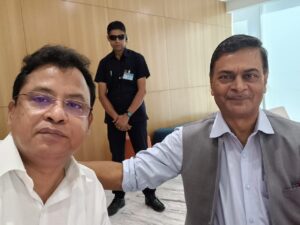
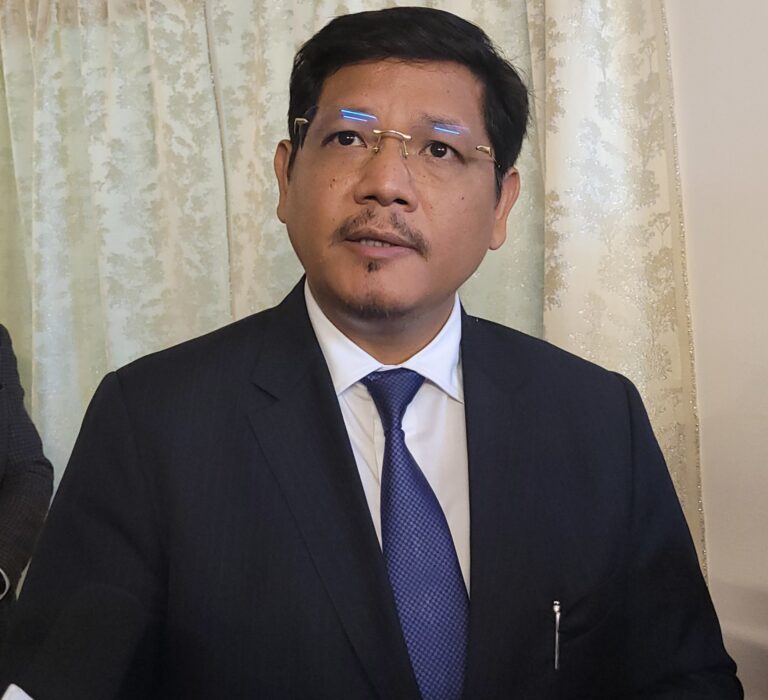
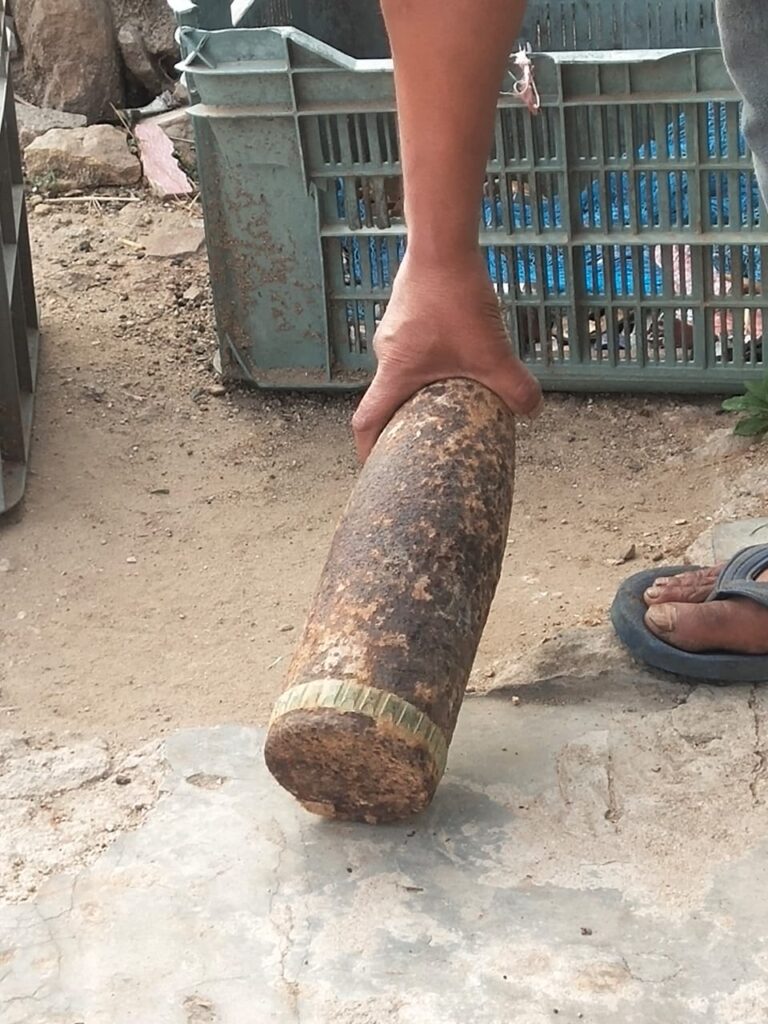

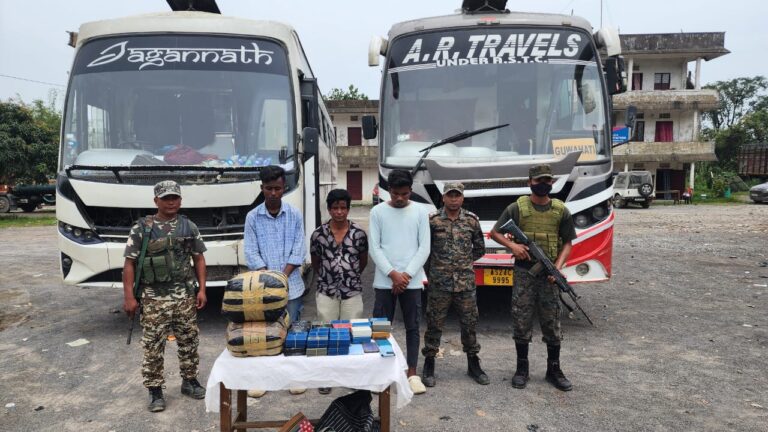
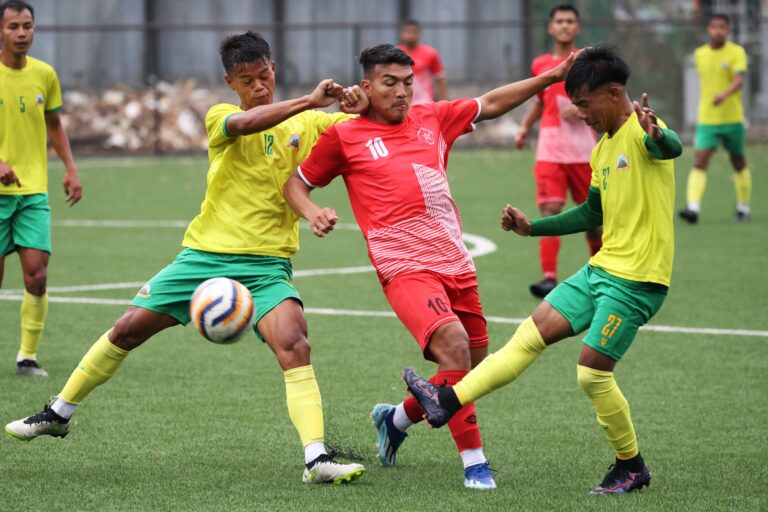
+ There are no comments
Add yours